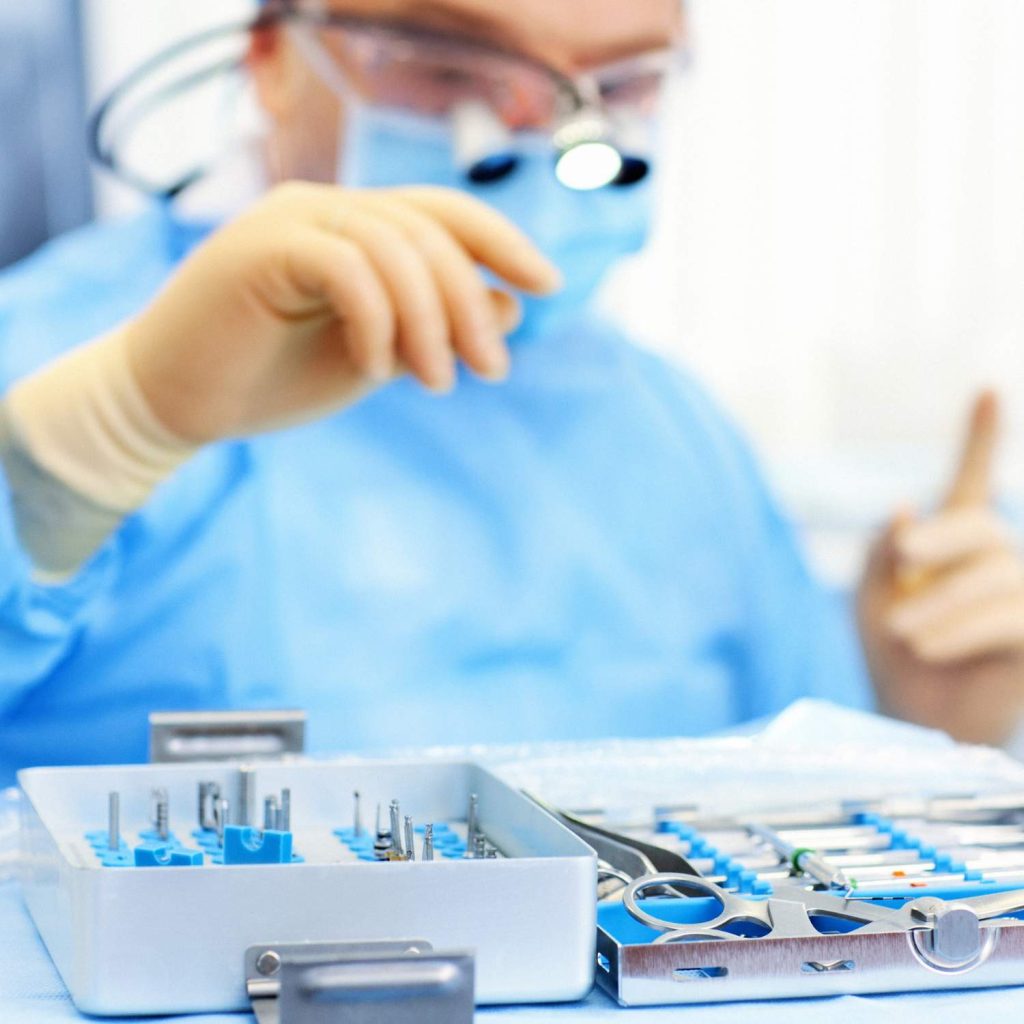Are you in pain? Don’t have a dentist but need to see one quickly? Then Heritage Dental can help you!
Whether it’s tooth ache, pain, swelling, a broken tooth/teeth, missing teeth, bleeding gums or even if you don’t know where the pain is coming from – our talented, friendly team of experts can provide you with the treatment and advice that you need.


Each person’s fees will be case sensitive and entirely depend on the type of treatment required during the appointment. For an indication of our prices, please visit our treatment fees page.
*Please Note: deposit is payable over the phone to secure your emergency appointment.
Please call the practice immediately by clicking on the button below. If you’re calling outside of our practice’s opening hours, please listen carefully to the instructions on the voicemail message to arrange your out of hours care.
Please see the information below for some helpful tips regarding common dental emergencies and issues.
Toothache refers to pain in and around the teeth and jaws that’s usually caused by tooth decay. You can feel toothache in many ways. It can come and go or be constant. Eating or drinking can make the pain worse, particularly if the food or drink is hot or cold or very sweet. The pain can be mild or severe. It may feel “sharp” and start suddenly. It can be worse at night, particularly when you’re lying down. A lost filling or broken tooth can sometimes start the pain.
The area of your jaw close to the infected tooth may also be sore and tender to touch. It’s also possible for periodontal disease to give rise to a “dull” pain. Periodontal disease is a bacterial infection that affects the soft and hard structures that support the teeth. If you have toothache for more than one or two days, visit your dentist as soon as possible to have it treated. The longer you leave it, the worse it will get. Over-the-counter medication, such as paracetamol and ibuprofen, may reduce the pain and discomfort while you’re waiting for an appointment. Children under 16 years of age shouldn’t be given aspirin.
If an adult tooth is knocked out, try putting it back in place and go straight to a dentist. Don’t try to re-insert a baby tooth – take your child to see a dentist immediately. If you can’t put an adult tooth back into position contact a dentist ASAP.
If you knock out a tooth, you should:
If you can’t put the tooth back in position, keep it moist and see a dentist straight away. The sooner a knocked-out tooth is re-implanted, the more likely it is to embed itself back into the gum. If your child knocks out a baby tooth, you shouldn’t try to re-implant it because you may damage the adult tooth growing underneath. Take your child to see a dentist immediately.
If your tooth is broken or chipped, you should make an appointment to see a dentist to see if the tooth can be filled. You will not always experience pain from a broken tooth initially however, to avoid toothache in the future, you should endeavor to see a dentist without delay.
A dental abscess is a collection of pus that can form inside the teeth, in the gums, or in the bone that holds the teeth in place. It’s caused by a bacterial infection. An abscess at the end of a tooth is called a periapical abscess. An abscess in the gum is called a periodontal abscess.
Dental abscesses are often painful, but aren’t always. In either case, they should be looked at by a dentist. It’s important to get help from a dentist as soon as possible, because abscesses don’t go away on their own and can sometimes spread to other parts of the body and make you ill.
Symptoms of an abscess in your tooth or gum may include:
If the infection spreads, you may also develop a high temperature (fever) and feel generally unwell. In severe cases, you may find it hard to fully open your mouth and have difficulty swallowing or breathing.
If gingivitis (bleeding gums) is untreated, the tissues and bone that support the teeth can also become affected. This is known as periodontitis, or periodontal disease.
Symptoms of periodontitis can include:
Gum disease is not always painful initially however, once it become advanced the pain can be very uncomfortable. It is important to visit your dentist regularly to avoid gum disease. Your dentist will recommend regular treatments with the dental hygienist who will help you maintain god oral health.
If you think you are suffering from gum disease, you should make an appointment to see a dentist immediately. Treating gum disease early will help you keep your natural teeth.
It can sometimes be difficult to decide whether the pain is in your upper or lower teeth. When a lower molar tooth is affected, the pain can often feel like it’s coming from the ear. Toothache in other upper teeth may feel like it’s coming from the sinuses, the small, air-filled cavities behind your cheekbones and forehead.
Terms of Use: The term ‘same day appointment’ refers to the space in the dentist diary. We will offer appointments to the best of our ability, but you may be asked to sit and wait until the dentist is able to see you.
| Cookie | Duration | Description |
|---|---|---|
| cookielawinfo-checkbox-analytics | 11 months | This cookie is set by GDPR Cookie Consent plugin. The cookie is used to store the user consent for the cookies in the category "Analytics". |
| cookielawinfo-checkbox-functional | 11 months | The cookie is set by GDPR cookie consent to record the user consent for the cookies in the category "Functional". |
| cookielawinfo-checkbox-necessary | 11 months | This cookie is set by GDPR Cookie Consent plugin. The cookies is used to store the user consent for the cookies in the category "Necessary". |
| cookielawinfo-checkbox-others | 11 months | This cookie is set by GDPR Cookie Consent plugin. The cookie is used to store the user consent for the cookies in the category "Other. |
| cookielawinfo-checkbox-performance | 11 months | This cookie is set by GDPR Cookie Consent plugin. The cookie is used to store the user consent for the cookies in the category "Performance". |
| viewed_cookie_policy | 11 months | The cookie is set by the GDPR Cookie Consent plugin and is used to store whether or not user has consented to the use of cookies. It does not store any personal data. |